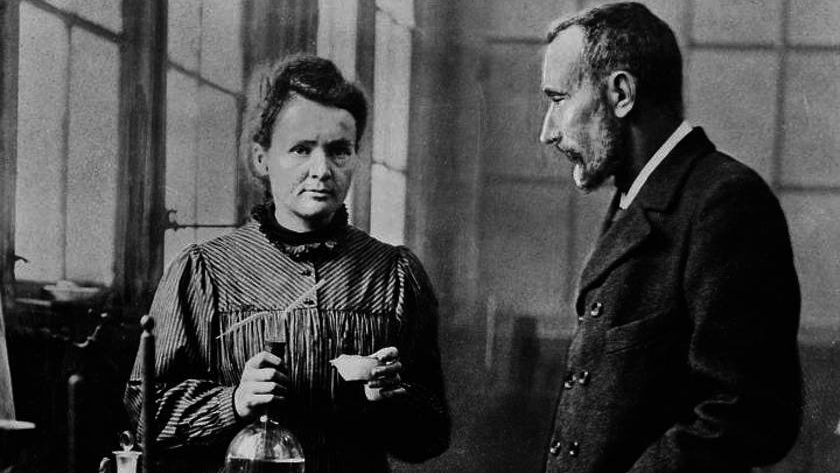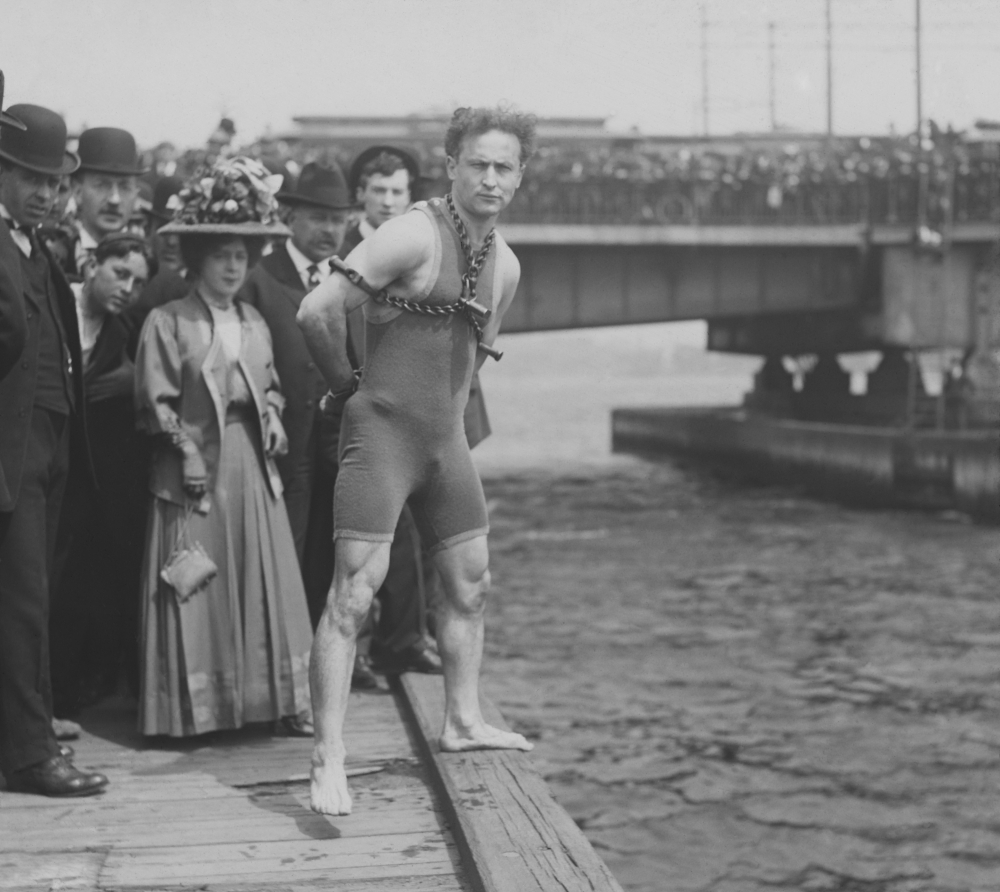Despite the fact that history books are full of men’s actions, we must never forget that women also had an enormously important role in history. There are of course numerous to name but here is a small selection enlarged …
Queen Elizabeth I
Elizabeth was one of the most influential thrones in Europe during the sixteenth century. She called herself “The Virgin Queen” because she had chosen to marry her country instead of a man. She is well regarded as one of the best monarchs who have ever sat on the throne of Great Britain and under her leadership the country became an enormous power.
Despite her good leadership, it was difficult for her to get hold of the throne. Of course, she was first and foremost a woman, something that was seen as weak at this time. Her mother was also greatly hated by the people, but nevertheless she managed to show the critics the door and to place herself on the throne. To describe her in her own words: ” Though the sex to which I belong is considered weak you will find me a rock that bends to no wind.”
Catherine II of Russia
The Russian Empress, Catherine the Great, is also on the list of strong queens. Originally born in Prussia, Catherine became the leader of the Russian Empire in 1762 after committing a coup on her husband. Under her leadership, Russia became a modern European state and the first state-paid girl school was established. The church also gained less power and the country developed economically and art was encouraged instead of demoted.
In addition to ruling her country, she was also known for her healthy lust and her multiple lovers. Her many men were showered with jewels and titles, after which she sent the poor souls away to make room for his replacement.
Marie Curie
This pioneer in science was born in Poland in 1867 and was one of the greatest physicists. She is known for her research in the field of radioactivity and developed the first mobile X-ray camera. Curie was the first person to receive two different Nobel prizes and to this day is the only person who has received Nobel prizes in different scientific fields. One in physics and the other in chemistry.
Curie was denigrated and discriminated against all her life in her search for the answers in science, a profession that was and still is mainly dominated by men. Despite these difficulties, her research is seen as one of the most influential studies ever.
Unfortunately, Curie died during one of her investigations. She was exposed to a high amount of radioactivity and eventually died of disease caused by this. However, even after her death, she was still recognized as one of the greats and her work was donated to the Panthéon in France in 1995.




